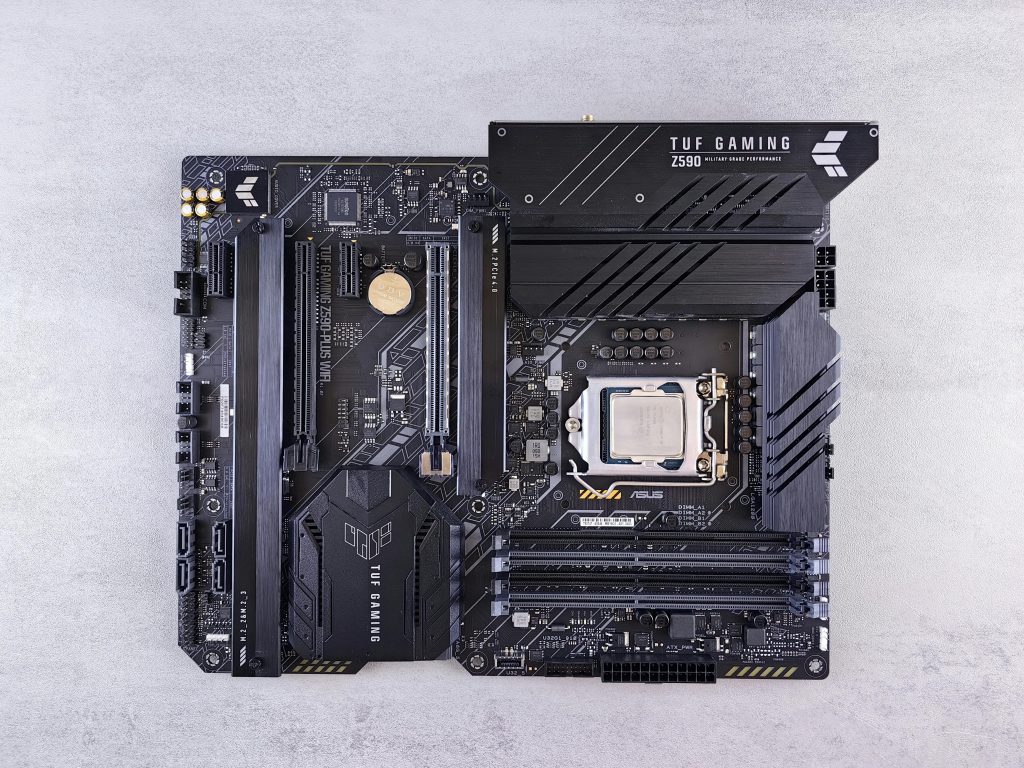Understanding Ethernet Connectivity Issues During Gameplay: Why Rocket League Triggers Frequent Disconnections
Networking problems can be frustrating, especially when they interfere with your gaming experience. A common issue many gamers face is intermittent Ethernet connectivity, which can impact online play, streaming, and general internet use.
In this article, we explore a specific scenario where a user reports frequent Ethernet disconnections during gameplay — particularly when playing Rocket League — compared to other activities like listening to music. We’ll analyze potential causes and suggest troubleshooting steps that do not involve replacing the Ethernet cable or restructuring the network.
The User’s Situation
The individual describes owning a faulty Ethernet cable that has been problematic for nearly three years, characterized by regular disconnections approximately every three hours. However, during gaming sessions—especially when playing Rocket League—they notice a significant increase in disconnect frequency. For example, while listening to a song like “American Boy,” the Ethernet connection drops twice, once during playback and again two minutes later. The disconnects are more frequent specifically during Rocket League gameplay, contrasting with other activities which do not trigger such instability.
Potential Causes and Considerations
-
Hardware or Cable Limitations
The user explicitly states the Ethernet cable is known to be faulty, yet is unable to replace it immediately due to physical constraints. While a damaged cable can cause disconnections, the peculiar pattern—more frequent during gaming—suggests other factors may also be at play. -
Network Traffic and Bandwidth Usage
Gaming, especially online multiplayer titles like Rocket League, can generate higher network traffic, requiring stable and consistent bandwidth. If the network is under strain or the connection is unsteady, this could lead to disconnections. -
Network Driver or Software Issues
Outdated or corrupted network drivers can cause connectivity problems. Certain games or applications may stress the network stack, revealing underlying driver issues. -
System Resources and Interference
Background processes or system resource limitations might impact network stability during intensive activities like gaming. -
Power Management Settings
Windows and other operating systems sometimes reduce power to network adapters to save energy, which may cause disconnections during specific activities. -
Router or Modem Factors
Although the user prefers solutions excluding router or network restructuring, it’s worth noting that outdated firmware or configuration issues can sometimes cause disconnections during high-demand activities.
Troubleshooting Strategies Without Replacing the Cable
Given the constraints—particularly the inability to replace the
Share this content:



